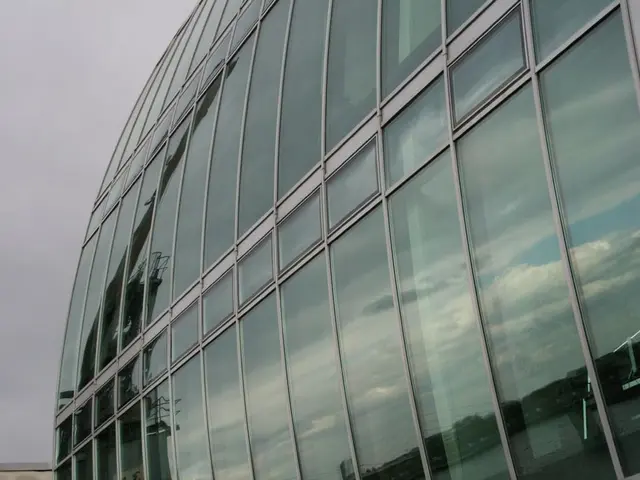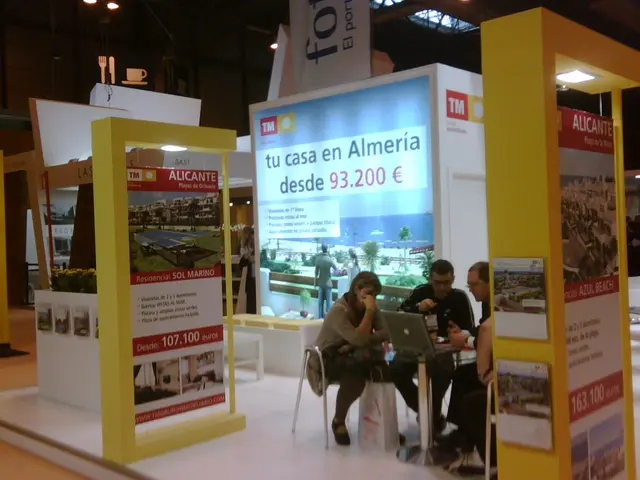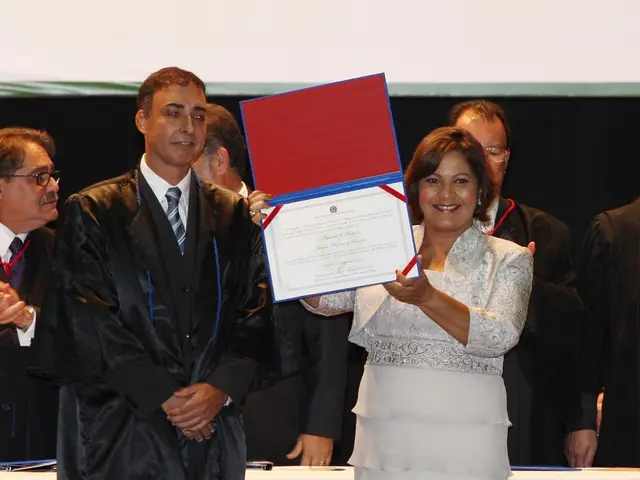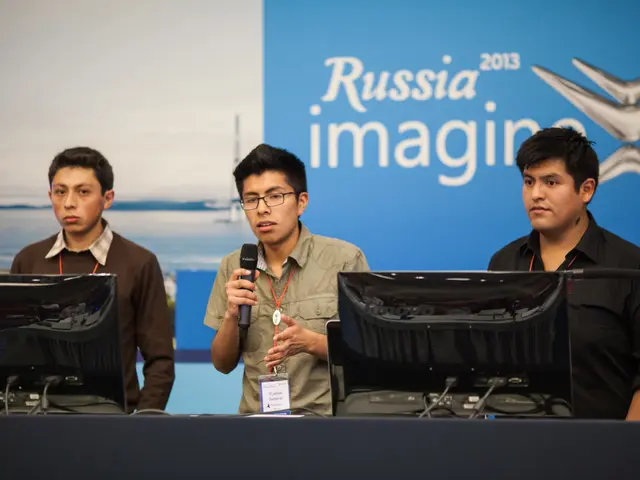Immersion in Manufacturing: Exploring Toyota's Digital Factory with the Toyota Virtual Plant Tour
In the face of disruptions caused by the COVID-19 pandemic, plant shutdowns, and delays in parts procurement and logistics, the auto industry has been forced to adapt. One company leading the charge is Toyota, who, in response, conceived the idea of a website where people could tour a plant remotely. After a year of construction, the Toyota Virtual Plant Tour website has been launched.
The focus of the project is on human-centered manufacturing, known as monozukuri, and continuous improvement, or kaizen. The virtual tour aims to immerse participants in Toyota's manufacturing environment, highlighting the company's philosophy of engaging and improving work processes through employee involvement, problem-solving, and innovation.
The project demonstrates Toyota's approach to monozukuri by showcasing detailed manufacturing processes that empower workers and involve them actively in problem identification and workflow enhancement. It illustrates kaizen by showing practical applications of continuous incremental improvements on the production line, fostering a culture of ongoing learning and efficiency gains.
The Virtual Plant Tour supports learning and operational excellence by making Toyota's manufacturing knowledge accessible remotely. This allows a wider audience to understand and adopt Lean principles and human-centered practices embedded in Toyota Production System (TPS).
This aligns with Toyota's broader commitment to Lean, Just-In-Time production, and waste elimination, all of which value the worker's role as a key agent of improvement. While the Virtual Plant Tour specifically exposes users to these manufacturing philosophies, Toyota concurrently supports worker well-being through measures like onsite childcare centers—helping maintain team member engagement and balance, which reinforces the human-centered aspect of their operations.
The virtual plant tour offers online visitors an experience of Toyota's manufacturing facilities, known as the genba. The project was led by Akiko Kita as Group Manager, and it was constructed over the course of a year, with staff from the Toyota Kaikan Museum working on the project.
Before the suspension, Toyota welcomed about 130,000 visitors a year, mainly for tours of its Motomachi, Takaoka, and Tsutsumi plants. These plant tours, which had been run for over six decades, were no exception and were suspended in July 2021 due to the pandemic.
The guidelines for Toyota plant tours were personally drawn up by Kiichiro Toyoda, and the tours were initiated with a focus on courtesy and politeness. The Virtual Plant Tour website was designed around the concept of "human-centered monzukuri." It aims to clearly convey the expertise and ingenuity of Toyota's workers and to provide a virtual experience of how kaizen is embedded in daily monozukuri activities.
In total, over 13.3 million people have toured these facilities in person. The Virtual Plant Tour project team interviewed over 40 people for content and site design. Messages were received from many customers wishing to visit again after the suspension of in-person plant tours.
Toyota's strength lies in evolution through kaizen, or continuous improvement. The company's first automotive plant tour began in 1939 at Koromo. The Virtual Plant Tour is a testament to Toyota's commitment to innovation and its dedication to sharing its manufacturing philosophy with the world.
- The Toyota Virtual Plant Tour website, a result of a year-long construction, showcases Toyota's manufacturing processes within the financing sector, incorporating the latest technology to promote human-centered manufacturing (monozukuri) and continuous improvement (kaizen), providing remote access to learning and operational excellence within the larger auto industry.
- Toyota's Virtual Plant Tour, in alignment with their philosophy of Lean and Just-In-Time production, serves as a digital avenue for showcasing their manufacturing work to a global audience, furthering their goal of fostering a culture of ongoing learning, efficiency gains, and waste elimination, while maintaining a human-centered approach to the manufacturing industry.




